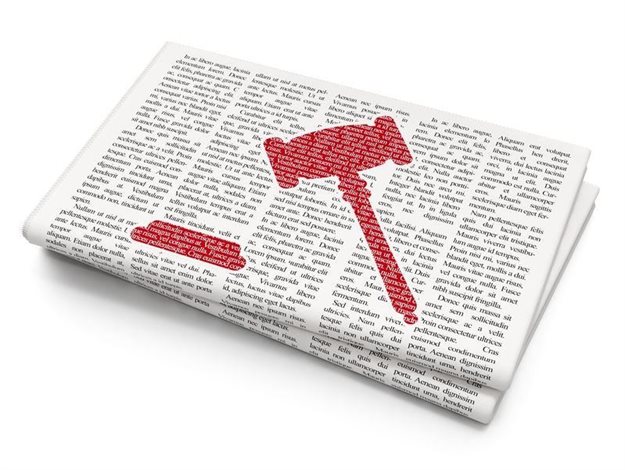As the coronavirus (Covid-19) spreads, so does the misinformation. Recently referred to by the WHO as an "infodemic", the volume of information that is both true and false has been communicated across all platforms globally.
Geraint Crwys-Williams, chief business officer, Primedia Group and acting CEO, Primedia Broadcasting says, “Now, more than ever, the role of accountable and credible media has come to the fore. Government officials and healthcare professionals are using trusted broadcast media and digital platforms of established, verified, media outlets to circulate correct information on Covid-19. There has been a particular focus also on debunking the myths and misinformation in circulation, which is an important role of accountable media as a public service.”
On Wednesday, the Minister for Cooperative Governance and Traditional Affairs, Dr Nkosazana Dlamini-Zuma, set out the Regulations in terms of Section 27 (2) of the Disaster Management Act. According to the Government Gazette, “Any person who publishes any statement, through any medium, including social media, with the intention to deceive any other person about— (a) Covid-19; (b) Covid-19 infection status of any person; or (c) any measure taken by the Government to address Covid-19, commits an offence and is liable on conviction to a fine or imprisonment for a period not exceeding six months, or both such fine and imprisonment.”
Despite this, hoaxes are still being posted on social media, and are gaining traction. The most recent fake news post is a Facebook account purportedly belonging to President Cyril Ramaphosa that told South Africans to stay indoors at 10am as helicopters would be spraying chemicals across the country against coronavirus. 8,000 social media users spread that news onwards.
Adds Crwys-Williams, “We urge all South Africans to be mindful of the source of information that they receive. Misinformation does not just cause unnecessary panic; it also puts citizens at risk. We have a duty of care to our employees, our communities and our audience to provide accurate, informative communication to ensure we play our part in reducing, not just the spread of the virus, but of unnecessary panic too.”
He adds that simply sharing misinformation could make someone complicit in the crime, even though this was not the intention.
“We recommend that South Africans go to their trusted news sources such as credible broadcast, print and online media for updates. The South African Government is being vigilant about ensuring that correct information is being disseminated across these channels. They also have a WhatsApp group on 060 012 3456 that offers up-to-date information - simply type 'hi' to be included.”
For more information citizens can also visit the Department of Health’s official website: https://sacoronavirus.co.za/.






































